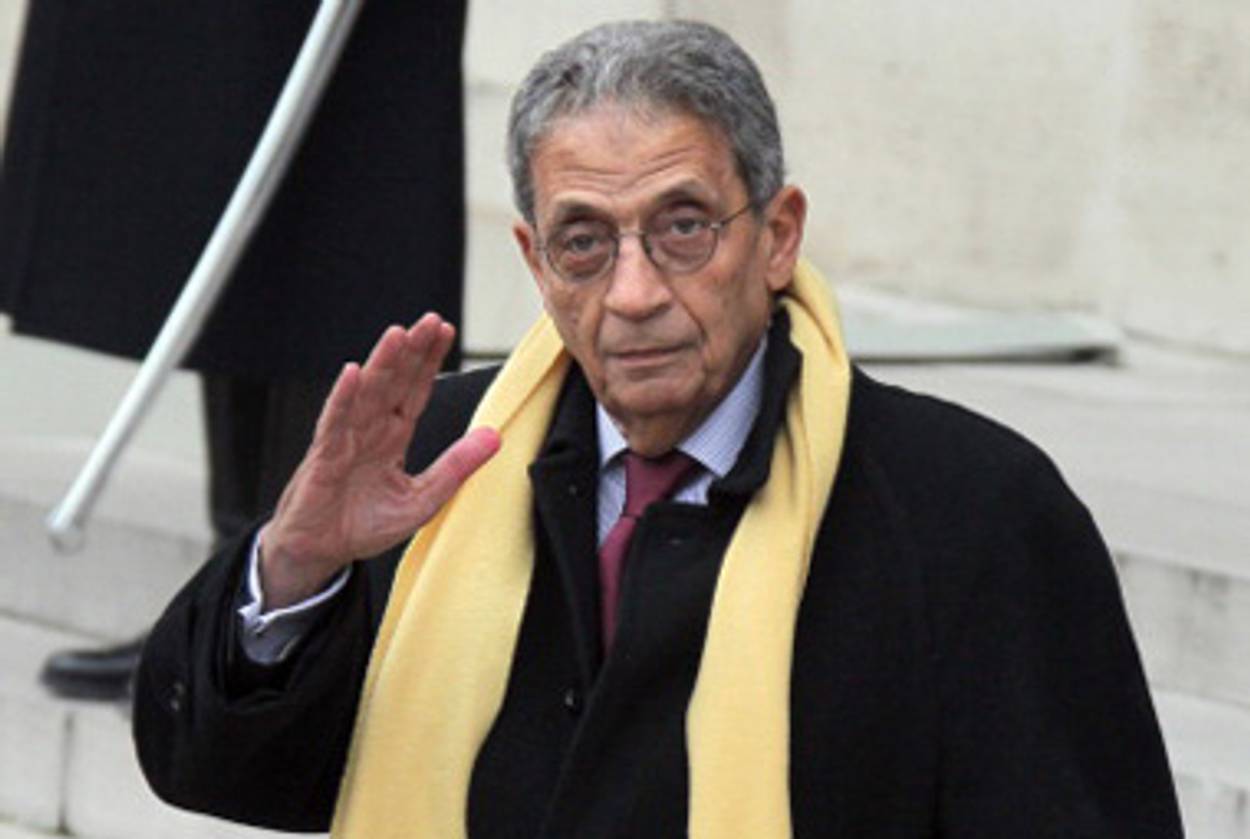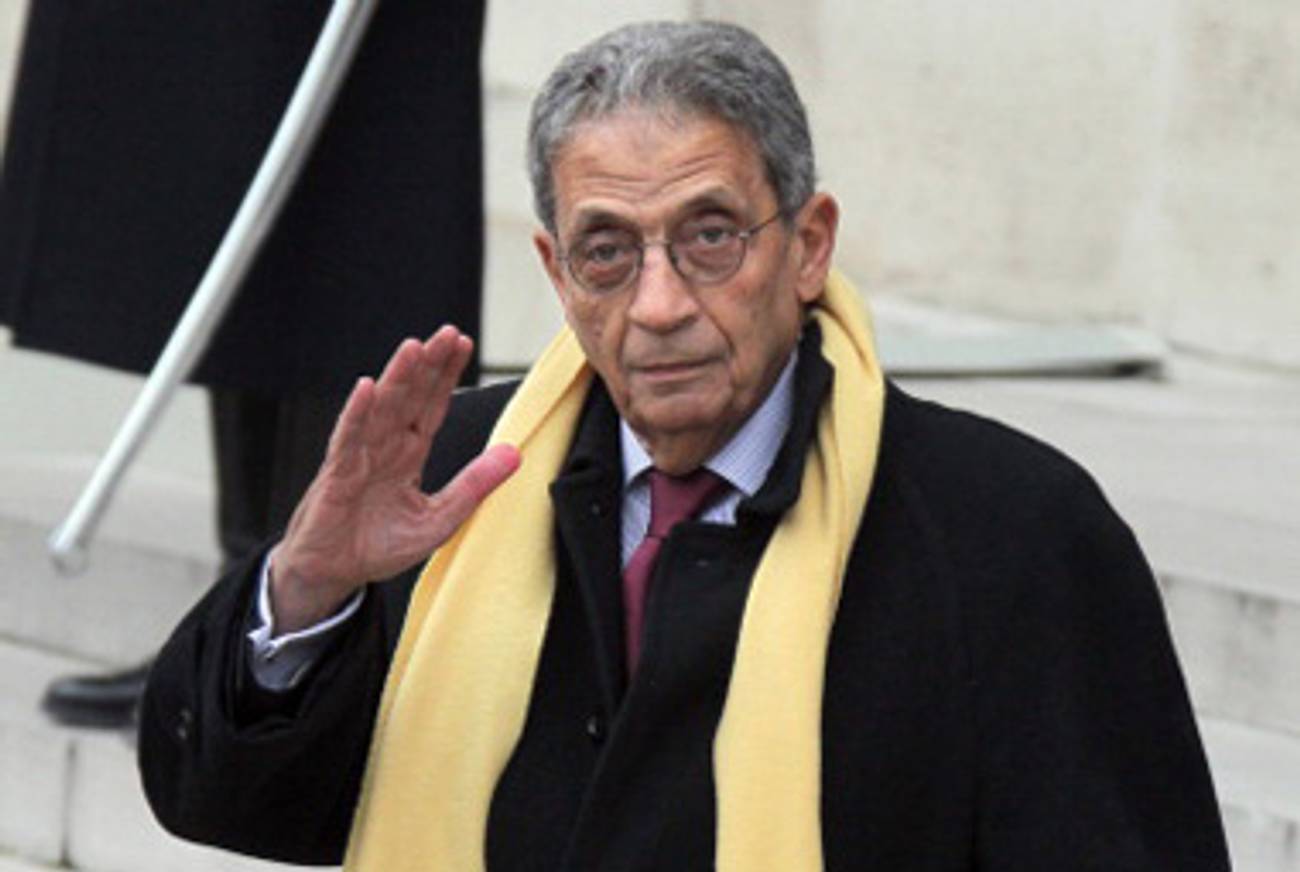A View of the New Egypt
Likely future president paints a country more hostile to Israeli interests




Those who feared that former Egyptian President Hosni Mubarak’s ouster would make life less easy for Israel can find plenty of ammunition in the recent events. Egypt’s new foreign policy is seeing it draw closer to Iran and Hamas (it was Cairo, after all, that brokered the Hamas-Fatah reconciliation deal), two of Israel’s biggest enemies. Egyptian natural gas—Israel recently was getting as much as 40 percent of its natural gas from Egypt—will become more expensive and more scarce when you combine sabotage with domestic political pressure both to renege on a 2005 deal that is widely seen (probably accurately) as corrupt and simply to halt the flow of energy to a country many Egyptians don’t particularly like. And, in an interview, the likely next president of Egypt, Amr Moussa—who is not himself an Islamist, unlike the members of the Muslim Brotherhood who are likely to win a substantial share of the next parliament—said several things that many Israelis and Israeli supporters may find troubling. To wit:
• “The view that Hamas is a terrorist organization is a view that pertains to a minority of countries, not a majority. Being a terrorist is not a stigma forever.”
• “Iran is not the natural enemy of Arabs, and it shouldn’t be. We have a lot to gain by peaceful relations—or less tense relations—with Iran.”
• “The nuclear issue in the Middle East means Israel and then Iran.”
• “Egypt conducted its relations in the region in a way that the people did not accept. Egyptian-Arab relations is one thing; the Palestinian question is another. … Blocking Gaza and enforcing the siege along Gaza—people didn’t like that. We should have insisted and used Egyptian-Palestinian relations to try and … put an end to the siege that caused a lot of suffering to the people of Gaza. The whole world has said exactly what I am saying—that the siege has to come to an end. The old regime was not of the same view.”
On the other hand, he also makes this interesting point: “The most flagrant violation was the issue of succession,” he says of the Mubarak regime. He adds, “Had there been no revolution in January, it would have happened in May or June, when the regime would have announced the candidacy of Mubarak’s son Gamal. Nobody would have accepted that.” In other words: The “stability” that a cooperative Mubarak regime provided Israel was something of a chimera, in that it was fated to end; by implication, the only true stability between Israel and Egypt will be one in which the Egyptian people feel they have a stake and have had their say, and we are closer to such a future than we were when Mubarak was still president.
Egypt’s New Foreign Policy Tests Old Alliances [LAT]
“Being a Terrorist Is Not a Stigma Forever” [Slate]
Earlier: Sabotage Foreshadows Israel’s Energy Future
Marc Tracy is a staff writer at The New Republic, and was previously a staff writer at Tablet. He tweets @marcatracy.